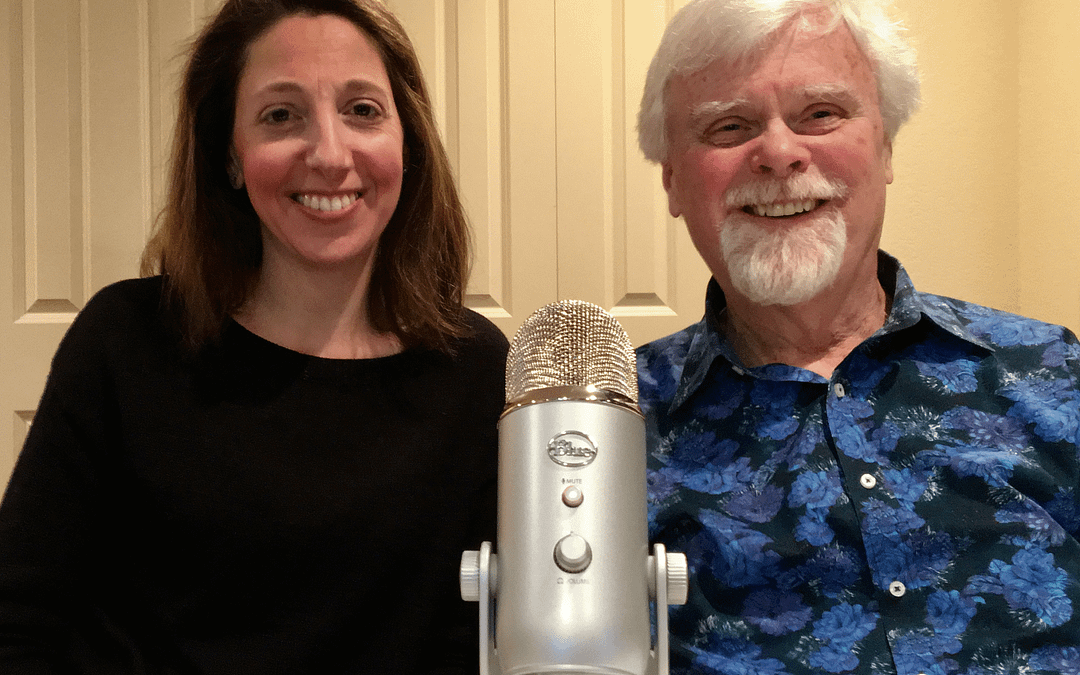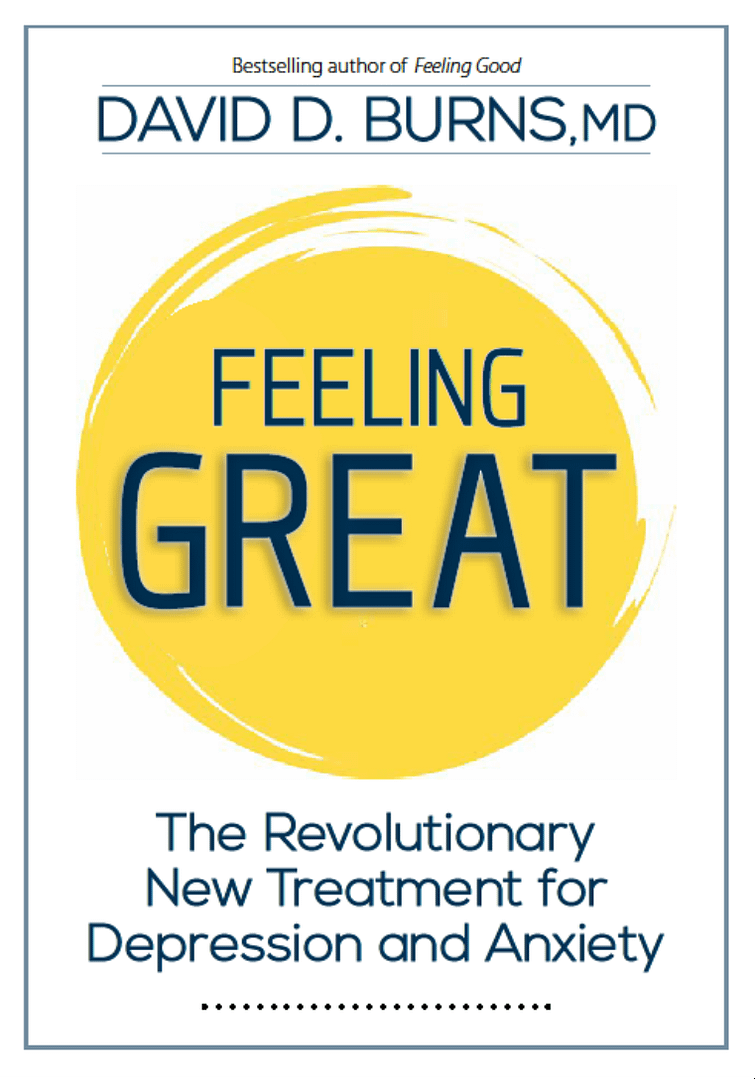David Burns Live: Rapid Recovery in Real Time
May 16, 2021 | 7 CE hours. $135
Featuring David Burns, MD and Jill Levitt, Ph.D.
Sponsored by the Feeling Good Institute
I am extremely excited to bring you a full day of live work featuring live therapy. Dr. Jill Levitt and I will work in real time with two audience volunteers who are struggling with feelings of, depression, anxiety, and inadequacy. We will attempt to bring about rapid and profound change in both of our volunteer “patients,” and will highlight what works and what does not.
When you witness the transformation of depression and anxiety into feelings of joy, relief, and enlightenment, you will feel much better about your own flaws, and you will discover some awesome new TEAM-CBT tools that can improve your clinical outcomes. This might be one of the most rewarding workshops of your career!
Teaching methods will include didactic segments, two live therapy sessions, and small group practice with experts who will provide mentoring and feedback.
Jill and I hope you can join us!
Click here for more information including registration!
Registration will be strictly limited. Don’t wait too long and end up disappointed!
This workshop will be limited to mental health professionals and graduate students in some branch of mental health.



